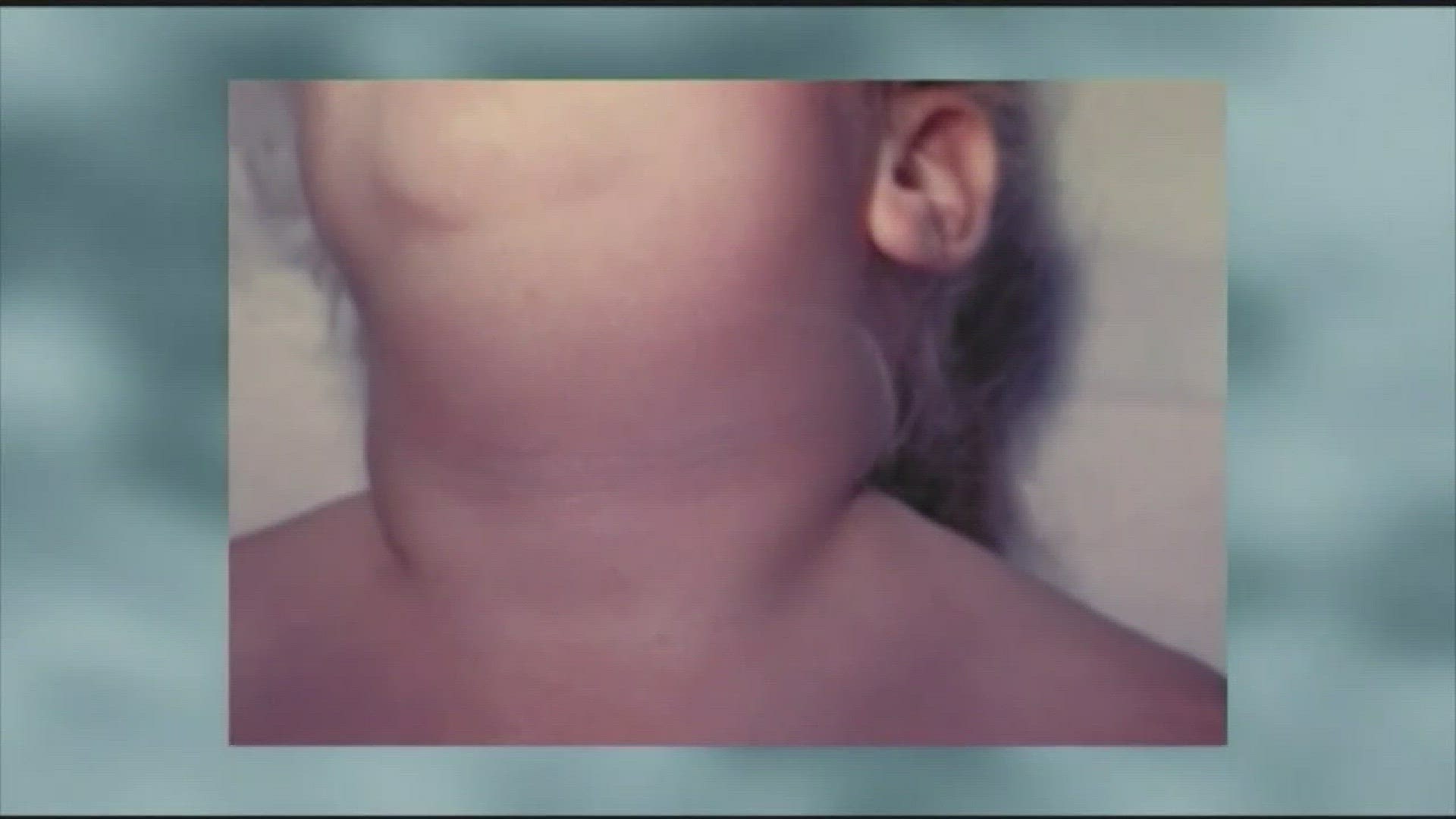University of Texas at Austin officials confirm five students have the Mumps virus.
University Health Services sent an email to students Wednesday afternoon saying, “I am writing you to let you know that you may have been exposed to mumps because a UT student in one of your classes has been diagnosed with mumps or has symptoms of mumps."
The email and the University Health Services website also provided students with information about the disease. UT did not say how many students received the email.
Mumps is a contagious disease that affects the salivary glands. It spreads when an infected person coughs or sneezes. Up to half of the people who get mumps have mild or no symptoms, and often don't know they are infected.
The most common symptoms include fever, headache, muscle aches and tiredness.
This is not the first time there has been a possible mumps outbreak on the UT campus. In 2015, a mumps outbreak in Austin involved at least eight UT students.
UT students are not required to get a vaccine for the virus unless they are international students.
Most children are given the Measles Mumps and Rubella (MMR) vaccine twice, but in recent years some have called into question vaccinating children. Pediatrician Michael Holmes, M.D. told KVUE those fears are not based in science.
"There are still a lot of people who believe that it causes autism or other developmental delays," Dr, Holmes said. "That has been clearly disproven and there's [sic] lots of theories out there about the MMR, but I will say that the research has shown that this vaccine, more than any other vaccine, has been the most widely studied and the most widely proven that it is safe and effective."
According to the Texas Department of State Health Services, 2017 has already seen a 78 percent increase in Mumps cases over 2016. There have been 341 cases so far in 2017. There were 1914 cases in 2016.

